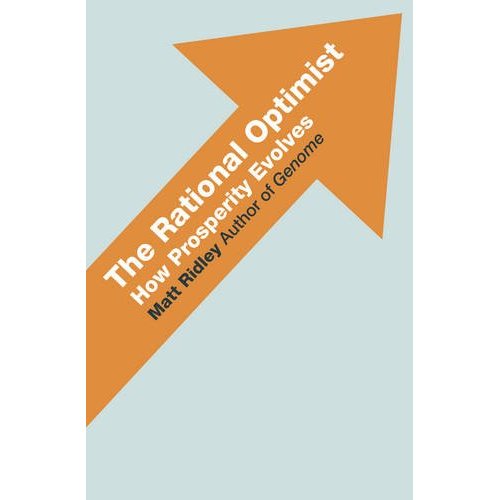

A respected science writer and a libertarian, although not necessarily of the right-wing variety, he is also a British aristocrat and the recently ousted non-executive chairman of Northern Rock, a British mortgage lender that collapsed in 2007 and was bailed out by the Bank of England to the tune of £16 billion (US$32 billion). Ridley himself should be highly aware of this reality. If you live in a city that has been destroyed by an earthquake, the fact that the human race will survive is of marginal comfort. This case for global optimism is quite compelling, so what’s not to like? One problem is that people don’t live their lives at this coarse-grained scale their concerns are for their families, jobs, and communities. In his view, climate change is an over-hyped bogeyman - locally disruptive, but globally beneficial - and the conditions of people in economically underdeveloped nations will generally improve as they are saved by their “entrepreneurial vitality.” Ridley bolsters his conclusions with evidence drawn from the last 50,000 years, showing that not only have we never had it so good, but our prospects can only get better. Innovation is limitless, and top-down attempts to control or even suppress it are misguided and counterproductive.

This catallaxy, as he terms it (borrowing a word coined by Austrian economist Friedrich Hayek to describe economic exchange), is a bottom-up, self-amplifying process that has been operating with increasing vigor ever since the Stone Age. Economic prosperity derives not from natural resources, but from trade and the division of labor, and the specialization and innovation that they breed. Ridley’s basic thesis is sensible enough. He has considered the evidence dispassionately, he claims, and concludes that our future is bright, even if our prospects dim on occasion. He is impatient with the doomsayers, whom he calls apocaholics, and is unable to explain their widespread appeal. In The Rational Optimist, Matt Ridley makes a lengthy, breezy, almost Panglossian case for what he calls rational optimism regarding the future of the human race.


 0 kommentar(er)
0 kommentar(er)
